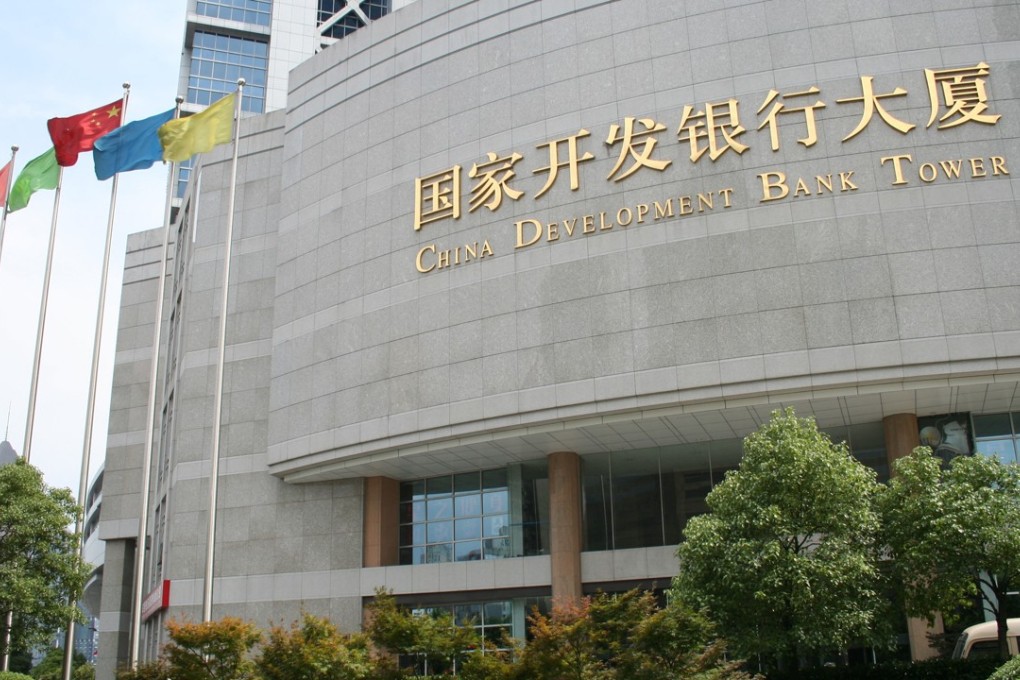Hong Kong-based companies ready to act as ‘super connector’ in Beijing’s trade initiative
City’s institutions are now well positioned to guide clients and investors through the intricacies of operating in belt and road countries

If the predictions about China’s “Belt and Road Initiative” eventually come to pass, it truly will reshape national economies and international trade patterns in the decades ahead.
However, for financial institutions and investors excited by the overall prospects, there have been two lingering questions: where to focus, and how to start.
It is one thing to hear all the optimistic talk about the need for large-scale infrastructure projects, new power plants, industrial development and the blue-sky forecasts for untapped export potential. But in the cold light of day, banks and finance houses are in the business of assessing risks, and they want to be sure of a reasonable return on investments before plunging in.
Therefore, the approach of many Hong Kong-based institutions can so far be characterised as suitably cautious. They are alert to the emerging opportunities and have made it a strategic priority to explore ways to develop them.
But the first steps are all about doing the groundwork, getting staff and partnerships in place, and understanding the different regulatory regimes. Only then is it possible to feel confident about having the expertise to point clients and investors in the right direction and guide them through the intricacies of due diligence and deal making in less familiar markets.
“Just last month, we signed a memorandum of understanding with China Development Bank to form a strategic partnership that aims to facilitate trade and investment relating to the ‘Belt and Road Initiative’,” says Carmen Ling, global head of RMB solutions for Standard Chartered Bank. “And, last December, we announced a commitment to facilitate financing to the value of at least US$20 billion by 2020.”
Ling emphasises that the bank sees “great potential” in the trade initiative, alongside the continued internationalisation of the renminbi and the opening up of China, but it is also taking a step-by-step approach.